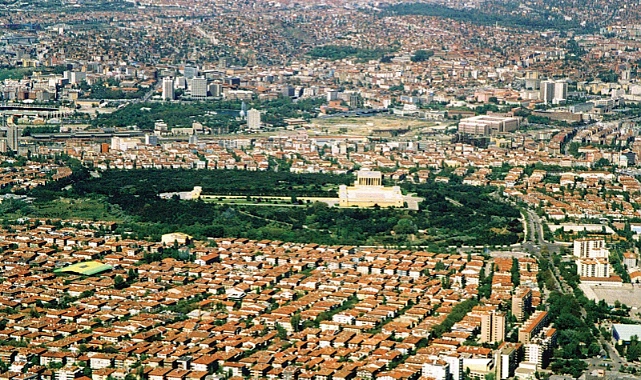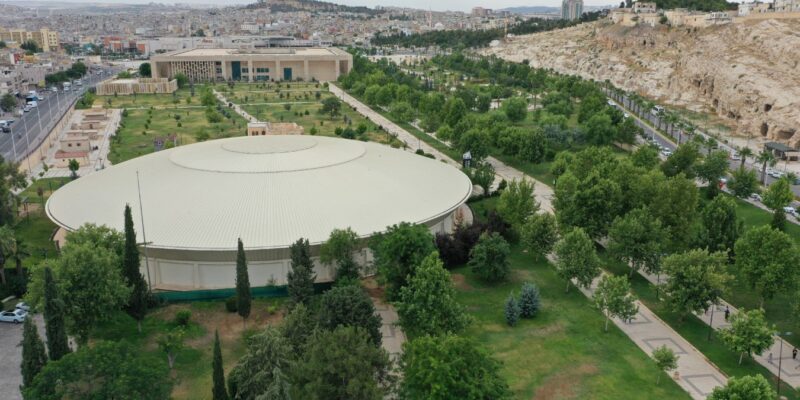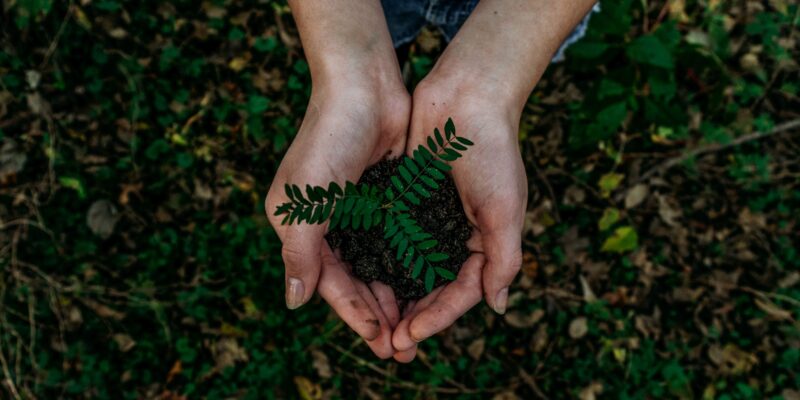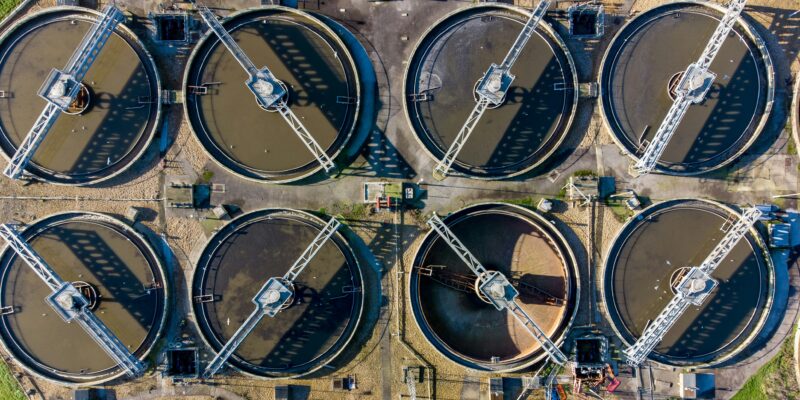“Türkiye Green Industry Project”, coordinated by the Ministry of Industry and Technology of the Republic of Türkiye, is financed by the World Bank and implemented by TUBITAK and KOSGEB. As one of the solution partners in this project, GTE will support SMEs across Türkiye in their green transformation processes. The project aims to provide mentorship and consulting services to SMEs striving to align with green transformation requirements.
In this context, services such as technology consulting, capacity analysis, situation analysis, problem identification, and solution roadmapping will be offered in line with green innovation principles. These services will enable local businesses to adopt sustainable production practices, helping them reduce environmental impacts and improve resource efficiency. The project seeks to promote circular economy and green transformation practices in Türkiye, enhancing the global competitiveness of SMEs.









